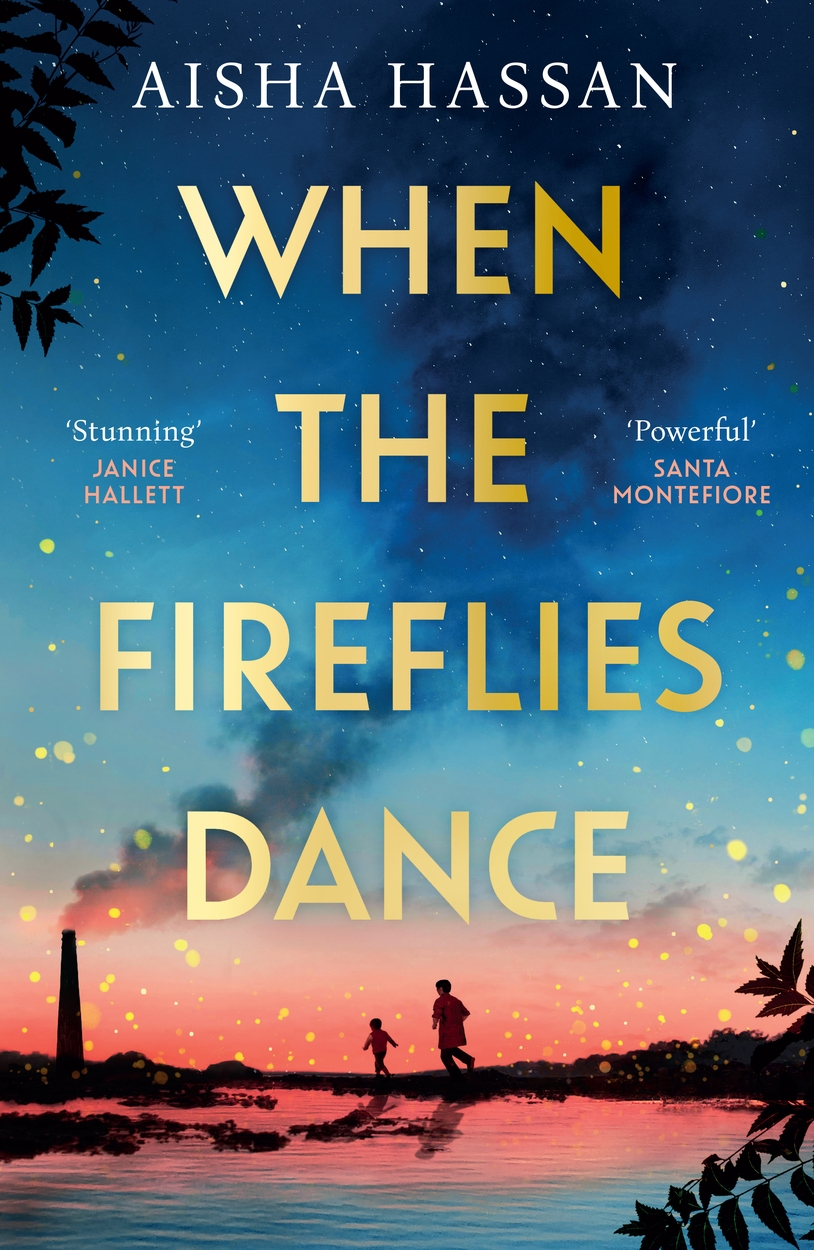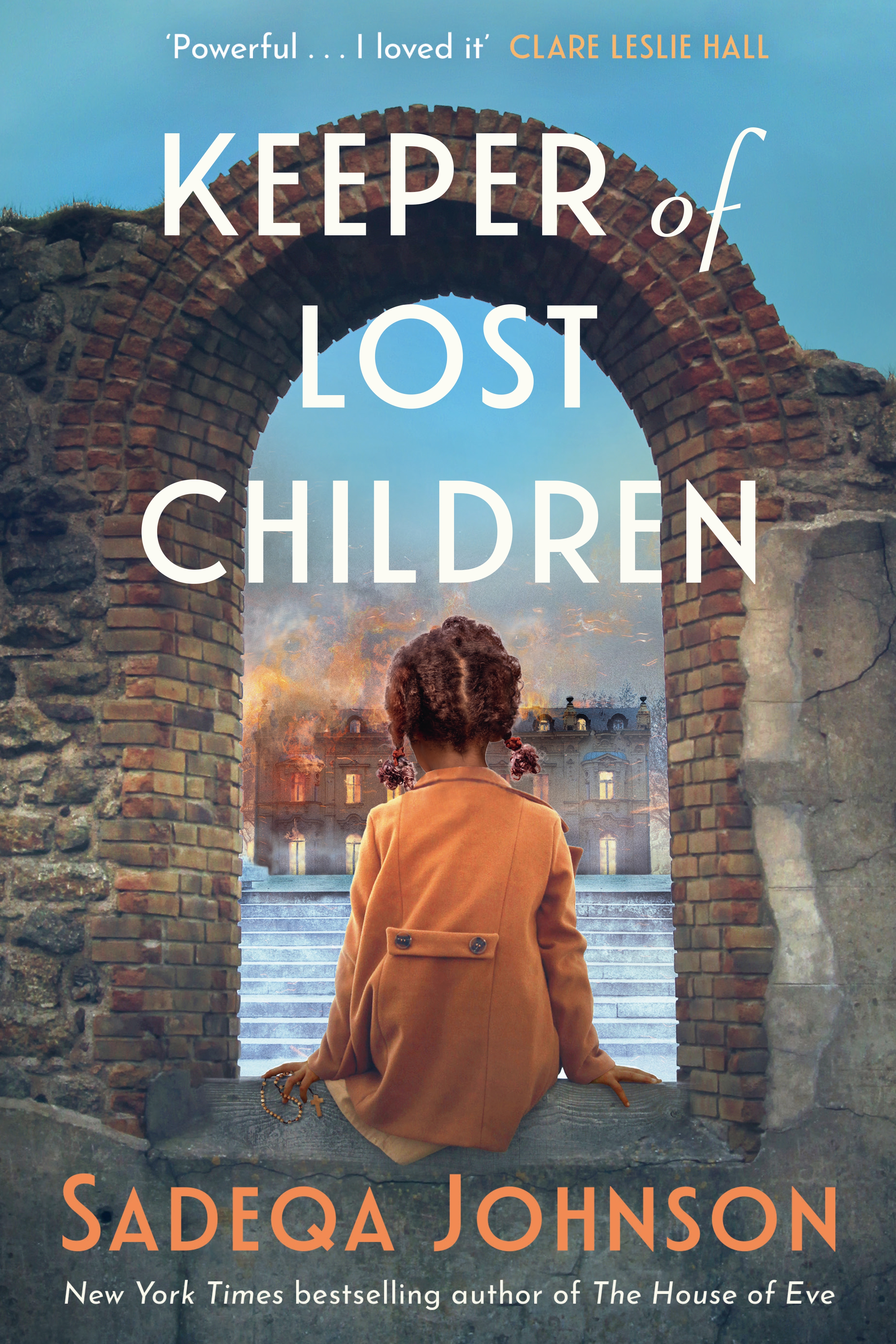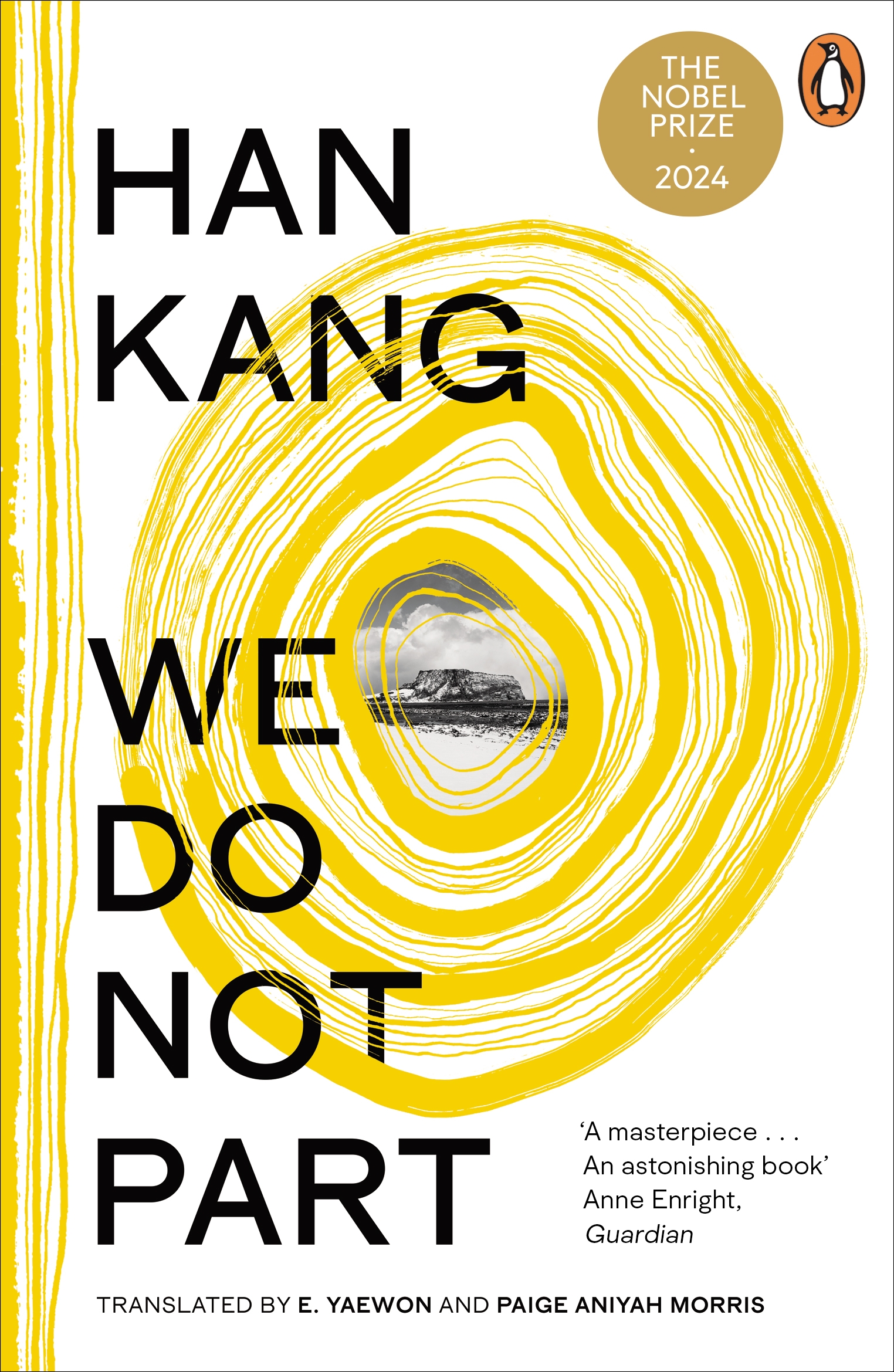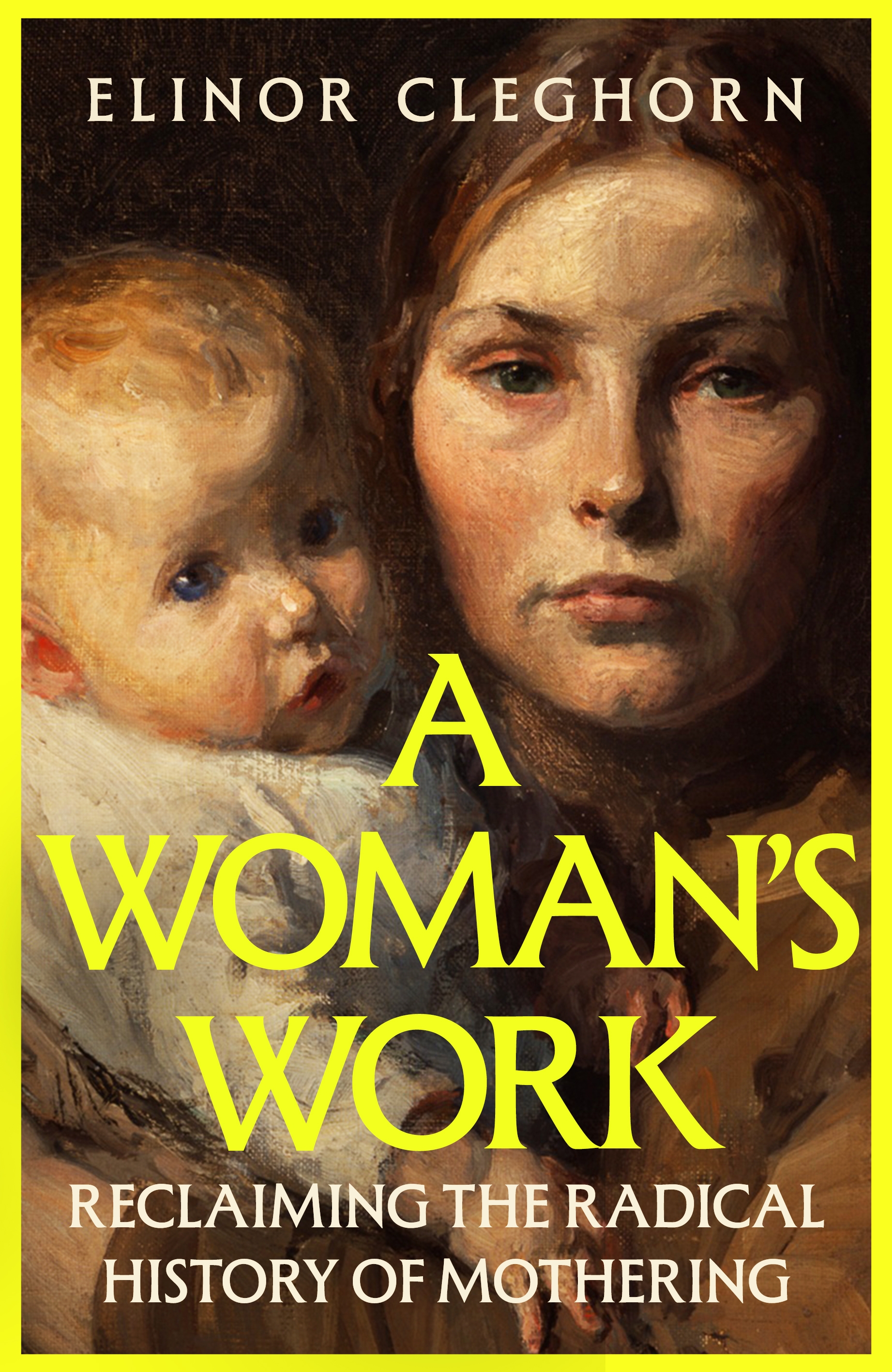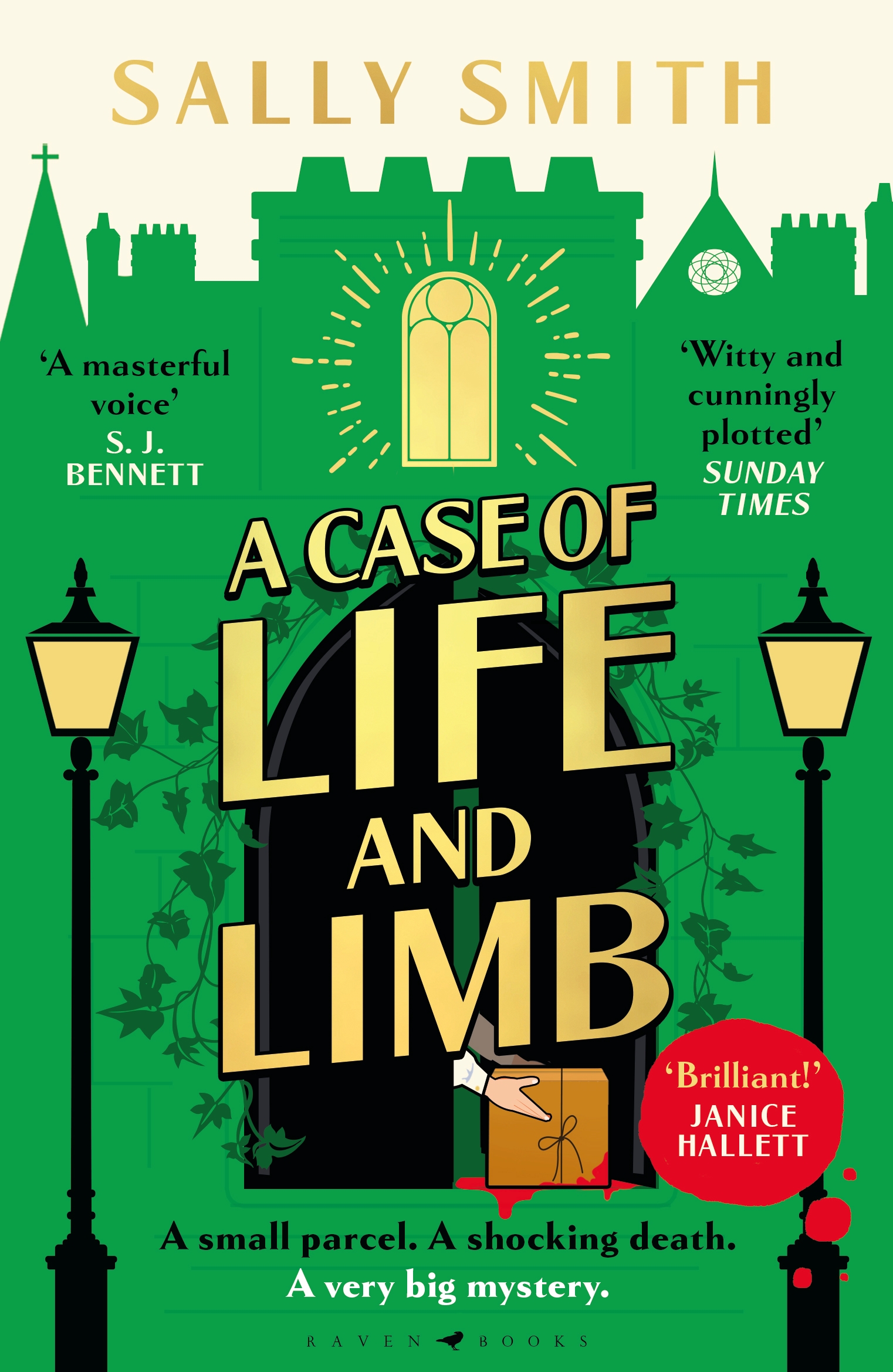The People We Were Before

As seen:
Reviews
St Just Thursday Evening Reading Group 2nd May 2024.
The People We Were Before. Annabelle Thorpe.
This was felt to be a very powerful book depicting with great clarity the effects of war upon the people involved in it, in a variety of different and dreadful ways: human beings are killed or maimed (like Tara and Marian), die of disease (like Irina), or are ‘ethnically cleansed’ and die in the street or in camps. Many of them had their houses and villages and towns and infrastructure destroyed. On top of these physical aspects there are social and psychological ones as well - Miro loses not only his baby daughter and thereafter his wife, and his erstwhile good relationship with various other family members. Also, in the process of trying to do his job as a photojournalist, he loses his bearings as to what sort of a person he is and what he wants: the ‘thrill’ of living close to danger and having exciting sexual relationships with other women sits uneasily with his underlying desire to be peacefully at home with his wife. So any kind of domestic peace is also a casualty of war for Miro.
We also see people’s humanity being destroyed, as in the case of Goran who was turned into a brutal sadist activated solely by nationalism. And the tentative peace which existed before the war between Serb and Croat neighbours was turned into the bitterness of childhood friends like Miro and Pavle ending up on opposite sides. As the title reflects, war makes changes in people that are hard to retrieve – none of the characters in this book were in any way the same as the people they were before it all happened.
The discussion made mention of the work of journalists reporting war, particularly as the writer had been a journalist and how she had one take the ‘war line’ and another the ‘political line’ and the experience of being a journalist within a war zone brought its own demands, negative and positive. We all remembered the era of this war and its reporting, as well as issues such as the ‘treating’ of some ill children by airlifting them to other countries, and how contentious this was. The book dealt well with this, one reader thought, putting both sides of the argument, each one highly charged and each trying to take the moral high ground.
Some readers thought the characters were memorable and realistic, and their reactions to changing circumstances and relationships were convincing. Others however, thought that they had little depth, and that each character served to represent an idea: Miro and Goran, for instance, being ‘wedded’ to their individual views. The group discussion did agree that the female characters were not fully developed.
Told from one point of view, this was far from a one-sided story, but a meaningful attempt to portray all the elements and factions of this very harrowing time, and to show the micro and macro levels of the impact of war. The group discussion ended by talking about war being grounded in the centuries old complexities of the history of neighbouring countries and the paradox of how people who had co-existed in peace for hundreds of years could find themselves at war and many not be wholly cognisant of why. One reader commented that she was grateful for there being no ‘convenient’ end or ‘happy ever after’ to something that affected so many lives for ever.
